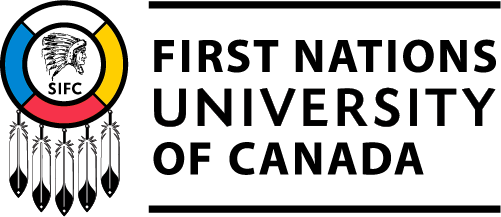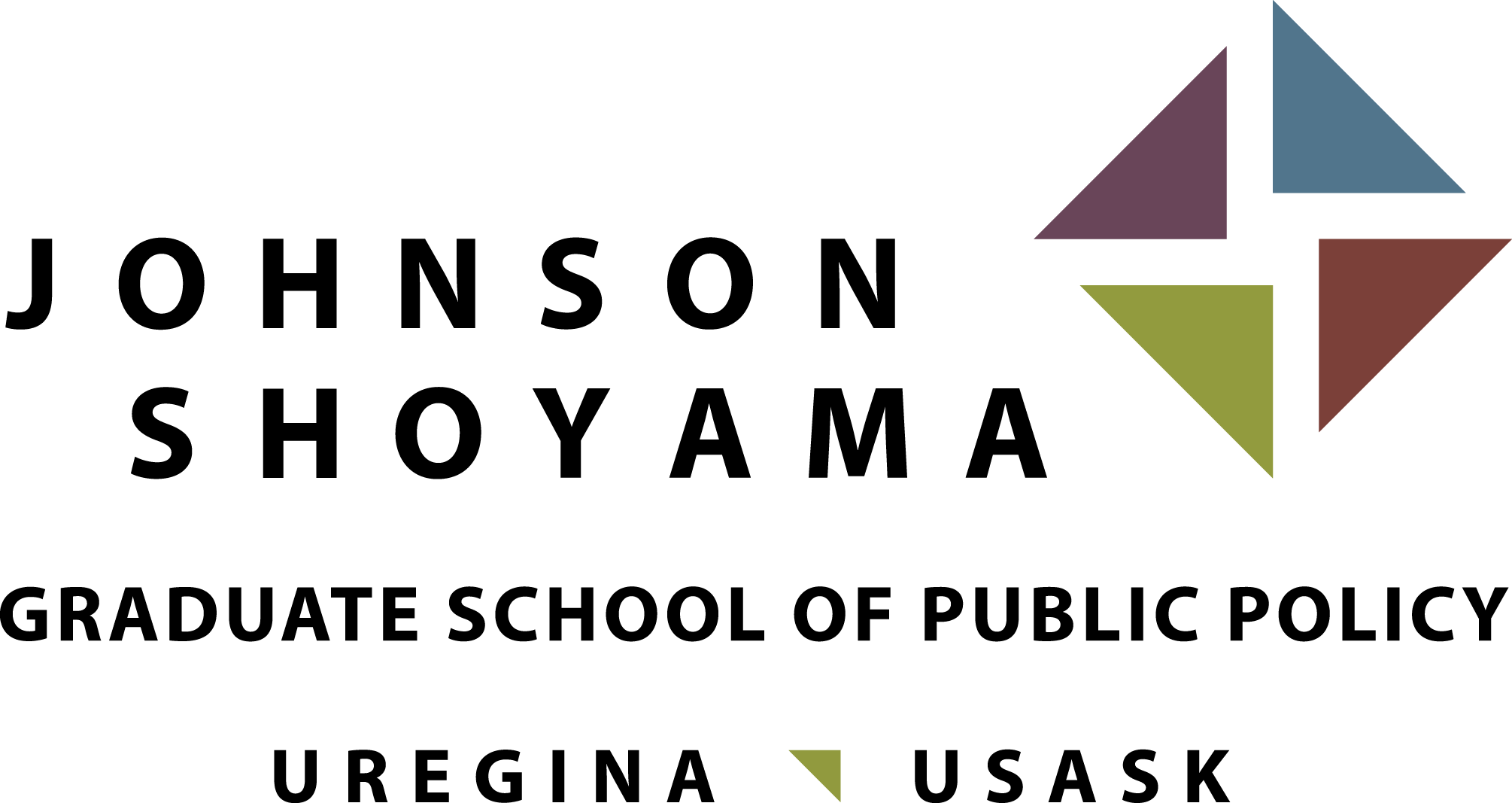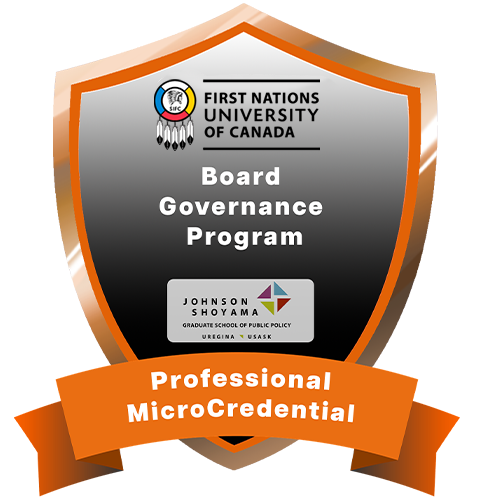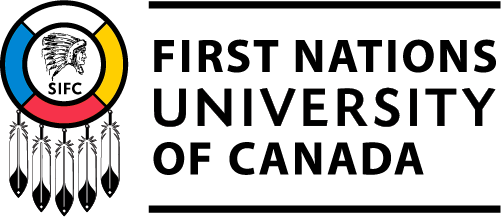ICJ001 - First Nations University of Canada Board Governance Program
Course Description

Good governance and oversight are necessary to ensure the organizations and leadership we rely on meet their legal responsibilities to the people they serve. Board members need to have the skills and abilities to serve the mandates of the organization while honouring the traditions and values of their nation. That can be a tricky balancing act! This program will give you the information you need to help navigate governance with confidence to ensure your voice and experiences are represented around the boardroom table.
This program is developed and taught by Indigenous knowledge keepers and thought leaders. This program is designed to upskill board members and organizational leaders to serve the mandates of their organization while honouring the traditions and values of their nation. Learning good governance and oversight is necessary for organizations and leaders to meet their legal responsibilities to the people they serve.
In Partnership
This Program is the property of First Nations University of Canada. It is currently being delivered through a partnership with the Indigenous Continuing Education Centre (ICEC) and Johnson Shoyama Graduate School of Public Policy.


This program will give you the information you need to help navigate governance with confidence to ensure your voice and experiences are represented around the boardroom table. This program involves reimagining colonial systems and structures in ways that benefit First Nations communities and help achieve their goals around self-determination. Throughout this program, you will spend time thinking about how to bridge Indigenous and Western or colonial systems and cover topics including:
- What is governance and why do we need Boards?
- Two-Eyed Seeing (Bartlett, C., Marshall, M. & Marshall, A., 2012)
- Setting direction
- Monitoring and reporting
- Roles and responsibilities
- Financial Stewardship, Fiduciary Duty, Duty of Care
- Risk Management and mitigation
- Board culture
- Mitigating decision bias
TRC Calls to Action
 Provides governance education to organizations and leadership with respect to governance structures and legal responsibilities through the lens of Indigenous traditions and values.
Provides governance education to organizations and leadership with respect to governance structures and legal responsibilities through the lens of Indigenous traditions and values.
Learning Outcomes
By the end of this program, learners will be better equipped to:
- Develop Indigenous Board governance, including structures, operations, and evaluation practices, that can authentically bridge traditional Indigenous approaches to governance into corporate or Westernized structures.
- Understand how to sit with, listen to, and apply the teachings of community leaders, Elders/knowledge keepers, and the will of the broader community to the organizational structure, operation, and evaluation metrics of a Board and organization.
- Articulate Two-Eyed Seeing and the concept of the ethical space of engagement to effectively Indigenize or decolonize existing and new Board governance activities and structures.
- Implement authentic Indigenous communication skills and analytical tools in Board decision-making practices and other procedures.
- Develop a Board that is representative of the Indigenous affiliations, linguistic groups, cultural practices and protocols, and historic and ongoing colonial impacts of the community of scope (or the community, region, and person that the Board serves).
Skills and Competencies
- Management Skills
- Accountability
- Critical Reflection
- Delegation
- Adaptability
- Relationship Building
- Equity, Diversity, Inclusion
- Financial Stewardship
- Critical Thinking
Summary
-
Number of hours: 32 hours total

-
Assessment: There will be a quiz after each module valued at 25% of one's final mark. Participants must earn 70% or higher overall to earn the First Nations and Indigenous Director designation (FNI.DIR). An incomplete course will count as a fail.
-
Previous education required: None
-
Delivery: This hybrid course (live via Zoom and online) comprises four 5-hour Zoom sessions and four 3-hour online modules.
-
Completion timeline: Participants have one week following the end of the course to complete all four quizzes to receive the designation.
FAQ
Is this course for everyone?
- Yes, this course is relevant to all people from all walks of life. The learners' life experiences will influence how they experience the course.
Some individuals and organizations may be GST-exempt.
- First Nations University of Canada is situated on the Star Blanket First Nation and is exempt from Provincial Sales Tax (PST). If you or your organization are exempt from Government Sales Tax (GST), please contact icec@firstnationsuniversity.ca to ensure your invoice is prepared accordingly.
I need financial support. What funding options does ICEC recommend?
- Check out our Funding Opportunities here.
I am interested in an in-person offering of this course.
- Please contact icec@firstnationsuniversity.ca to learn more about which courses can be offered in person and discuss the options.
Who do I contact if I need help?
- Check out ICEC's Learner Support page to see if your question is answered in the FAQs. If your question remains unresolved, feel free to complete the form with your question, or you may contact icec@firstnationsuniversity.ca for assistance with any questions. We are here to help! Support requests are received during regular office hours. Please expect a response within 24-48 hours.
Applies Towards the Following Certificates
- First Nations University of Canada Board Governance Program Professional MicroCredential : First Nations University of Canada Board Governance Program Professional MicroCredential
